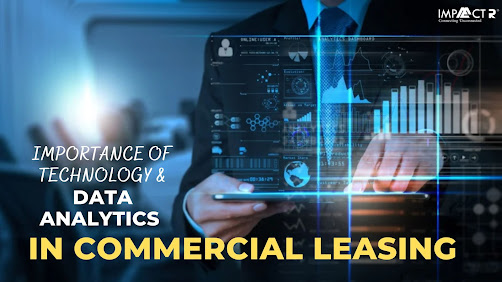All You Need To Know About Commercial Property Leasing & Rental Explained
Commercial leasing can seem complicated to the uninitiated. However, with a basic understanding of how it works, you can confidently navigate through the process and make the best decision for your business.
In this post, we'll explain everything you need to know about
commercial property leasing and rental.
From what goes into a lease agreement to common terms used in the industry,
we've got you covered.
So, whether you're just starting out or are simply curious
about commercial leasing, read
on for enlightenment!
What Goes
Into A Lease Agreement?
When leasing
commercial property, there are a few things you can expect to find in the
lease agreement. The first is the term of the lease, which is typically either
three or five years.
The rent amount and when it's due will also be outlined in
the agreement, as well as any special provisions or restrictions on use. In
addition, the agreement will state who is responsible for repairs and
maintenance costs, and it may include an exit clause detailing the conditions
that must be met in order for either party to terminate the lease.
Common Terms Used In Commercial Leasing
Below are some of the most common terms you'll encounter in commercial leasing agreements:
Triple Net
(NNN) Lease: A triple net lease is one in which the tenant is responsible
for all property-related costs, including taxes, insurance, and maintenance.
Pass-Through
Charges: These are expenses incurred by the landlord that are passed
on to the tenant, such as property taxes and insurance.
Base Rent: This is
the amount of rent due each month, irrespective of any pass-through charges.
Tenant
Improvements (TI): These are upgrades or modifications made to the
property by the tenant at their own expense. They're typically negotiated as
part of the lease agreement and can be a major factor in deciding whether or
not to sign a lease.
Leasehold
Improvements (LHI): Similar to TI's, these are improvements made to the
property by the tenant, but they're paid for by the landlord.
Lease
Commencement Date: This is the date on which the lease officially
begins.
Lease
Expiration Date: The lease expiration date is the last day of the
lease term.
End of Term
Clauses: These are specific conditions that must be met in order for
either party to terminate the lease agreement before it expires.
As you can see, there's a lot to consider when leasing commercial property. By
understanding the basics, however, you can feel confident in negotiating a
lease agreement that's right for your business.

.jpg)

Comments
Post a Comment